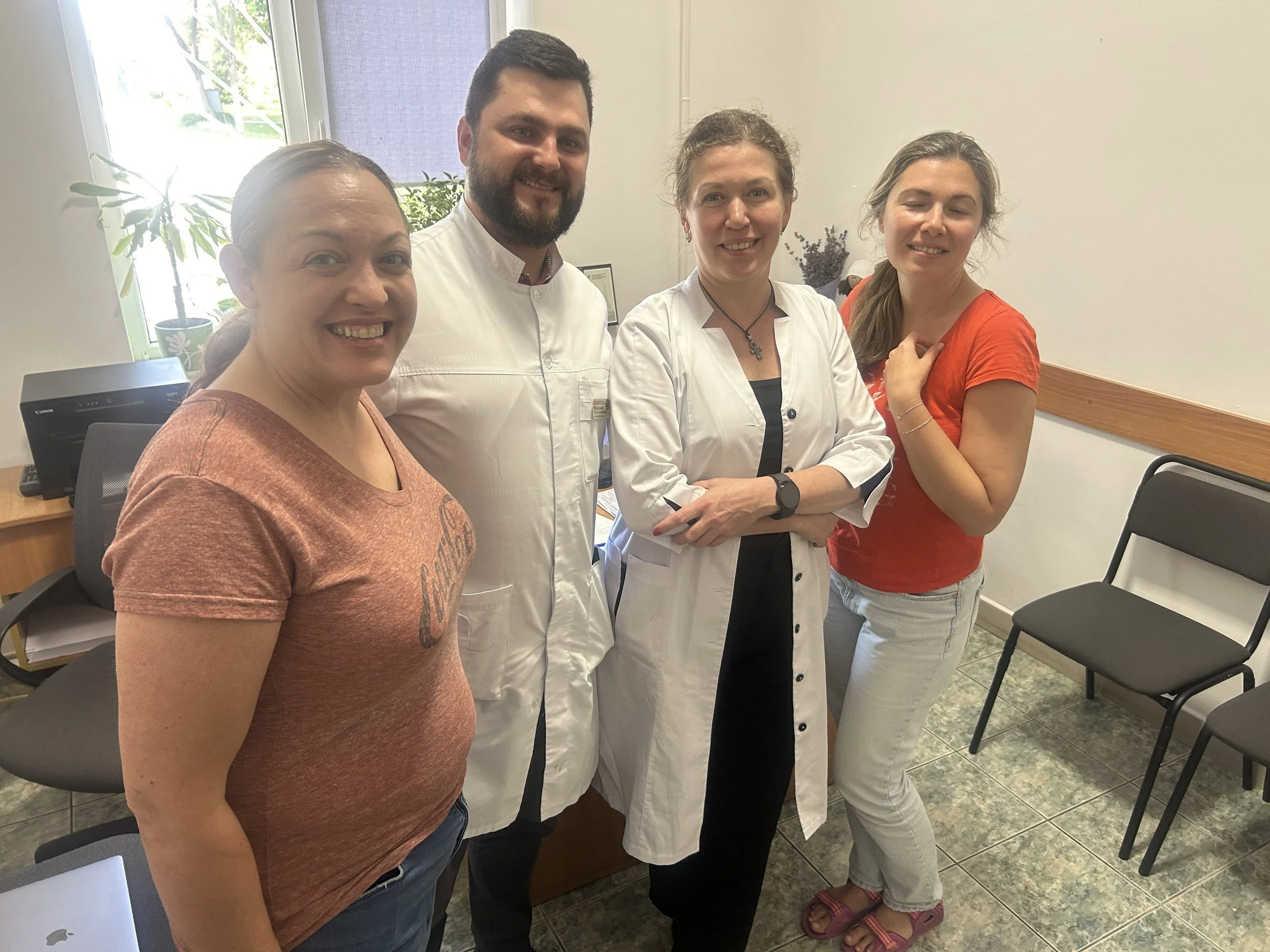Inna Assists Soldier Struggling with Addiction in Lutsk
Inna was one of 19 clinicians trained at our May 2024 Seminar funded through a generous grant from the United Methodist Committee on Relief. A male doctor, 35 years of age, with a middle level of education came with his mother here the 19th of June. He has deep trauma as his brother died on the front in 2014. When the full-scale invasion started in 2022, he also went to fight to protect Ukraine. Until December of 2023 he was absolutely a normal person. From the beginning of this year, he changed a lot. His relatives forced him to quit the army. He agreed with this and quit fighting. Because his brother h ad died already, he was permitted to go home.
When he was receiving treatment, he didn’t want to open up verbally. He complained of bad dreams, poor sleep, and he quickly would jump to aggressive behavior. He wished to stay alone. He tried to stay far from people. He had illusions of voices that were how men spoke in the field. He started to use alcohol to self-medicate as a solution and symptoms worsened. Inna said in her view he was not trusting regarding other people, he was closed, and stressed. Inna guessed something happened when he was in the army. Now to stabilize his situation they used antidepressants for sleeping. They also utilized drops that would assist in helping him to not drink alcohol. If any individual drinks after taking such drops, they will feel poorly.
So, for now the plan is that he will be stabilized, and then they will go through the PTSD treatment. If the soldier agrees, they will begin the prolonged exposure treatment. He calls the hospital once a week and reports his symptoms and progress. He is an outpatient. Through the partnership between the Arlene Campbell Humanitarian Foundation and the United Methodist Committee on Relief, soldiers in Ukraine are finding their way through PTSD symptoms compounded by addictions.

